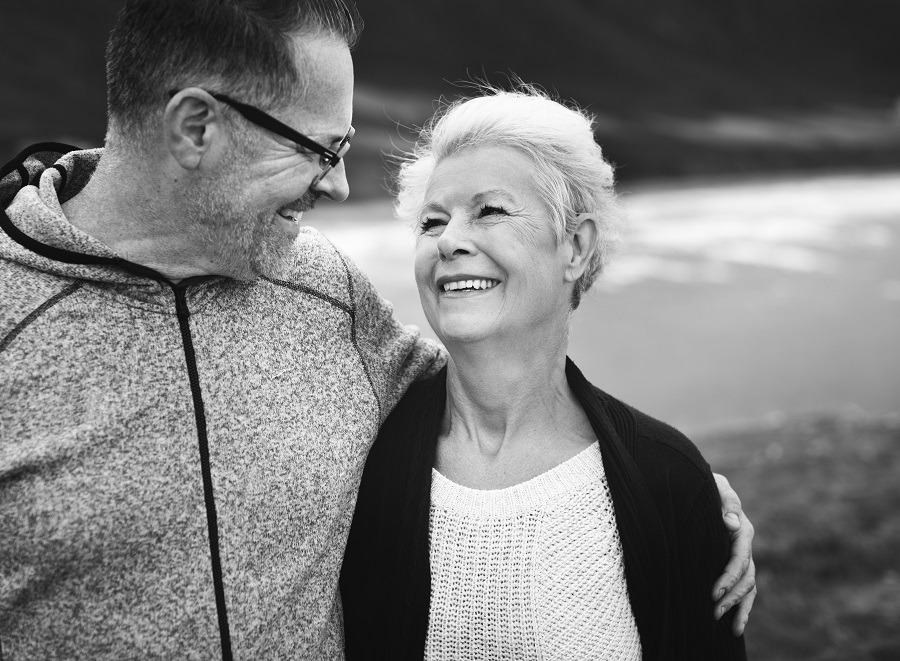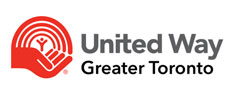You Can Prevent Falls at Home


As we age, poor balance, reduced vision, stiff joints, decreased muscle and bone strength, health conditions and medications can all make falls more likely. Unfortunately, falls are the leading cause of injury for Canadian seniors and account for 85 per cent of older adults’ injury-related hospitalizations. While some people view falls as a normal part of aging, falls can be prevented! Here are some adjustments for every room of the house to help keep you (or a loved one) safe:
Kitchen
- Store heavy objects in lower cupboards.
- Keep items you use every day in easy-to-reach locations.
- If able, use a step stool with safety rails to reach high places.
- Always wipe up spills immediately.
- Ask for help with tasks that make you feel unsafe.
Bathroom
- Install grab bars by the toilet, bathtub and shower to help you sit and stand.
- Use a raised toilet seat and bath seat in the shower, as needed.
- Have a non-slip surface in your tub or shower and use a rubber bath mat.
- Wipe up moisture or spills right away.
Bedroom
- Reduce clutter around your room and remove loose wires, cords and any obstacles.
- Make sure there is a clear path from your bed to the bathroom.
- Have a light and switch close to your bed, a light switch near your bedroom door and install nightlights in your bedroom and hallway.
- Ensure there is a phone within arm’s reach of your bed.
- Remove any throw rugs.
- Move slowly when getting out of bed to prevent dizziness.
Stairs
- Have light switches at the top and bottom of your stairs and make sure that stairwells are bright.
- Ensure railings are solid and installed on both sides.
- Make sure that runners or carpeting are secure and that stairs are always clutter-free.
- Never rush on stairs and remove reading glasses before going up or down.
Outside
- Keep outdoor walkways and steps free of snow, ice, leaves or tools.
- Ensure that entrances and stairways are well-lit.
- Paint outside stairs with a mixture of sand and paint to improve traction.
- If any steps are more narrow, higher or lower than the rest, paint the edges in a bright colour.
More Fall Prevention Tips
Use safety aids. There are so many aids available to make your life both easier and safer. Don’t be afraid to use them! Wear your glasses and hearing aid, walker or cane as directed by your doctor. Regularly inspect canes and walkers to make sure they are the correct height and have rubber tips for safety. Choose good quality, sturdy footwear with non-skid soles and consider other safety products like hip protectors, reaching sticks or personal alarms.
Stay healthy. Being active every day is one of the best ways to prevent falls and stay mobile. Depending on your physical health, walking, swimming, yoga and Tai Chi are all great low-impact options. Just check with your doctor before starting a new exercise program. Eating healthy, regular meals will also provide more protection from illness and injury and keep your body strong. Skipping meals or poor nutrition can cause weakness or dizziness.
Reach out. If you are worried about falling or are concerned about a loved one’s safety, a VHA Occupational Therapist (OT) can help. Contact your doctor or the Local Health Integration Network (LHIN) for a falls assessment referral. VHA’s Private Services also offer more immediate support that may be covered through your insurance. An OT will review your home environment for hazards, suggest practical adaptations to make every day activities safer and educate you on using fall-prevention equipment.
If you do fall, try to land on your buttocks to help prevent more serious injuries and don’t rush to get up. Make sure you are not injured before moving and if possible, let others help you. If you cannot get up, or feel any pain or injury, call 911 immediately. If you experience nausea, dizziness, headaches, vision problems or pain after a fall, visit a doctor right away. While difficult, do not let the fear of falling again prevent you from being active and independent. With the right preventative measures, you can feel safe and secure in your own home.



